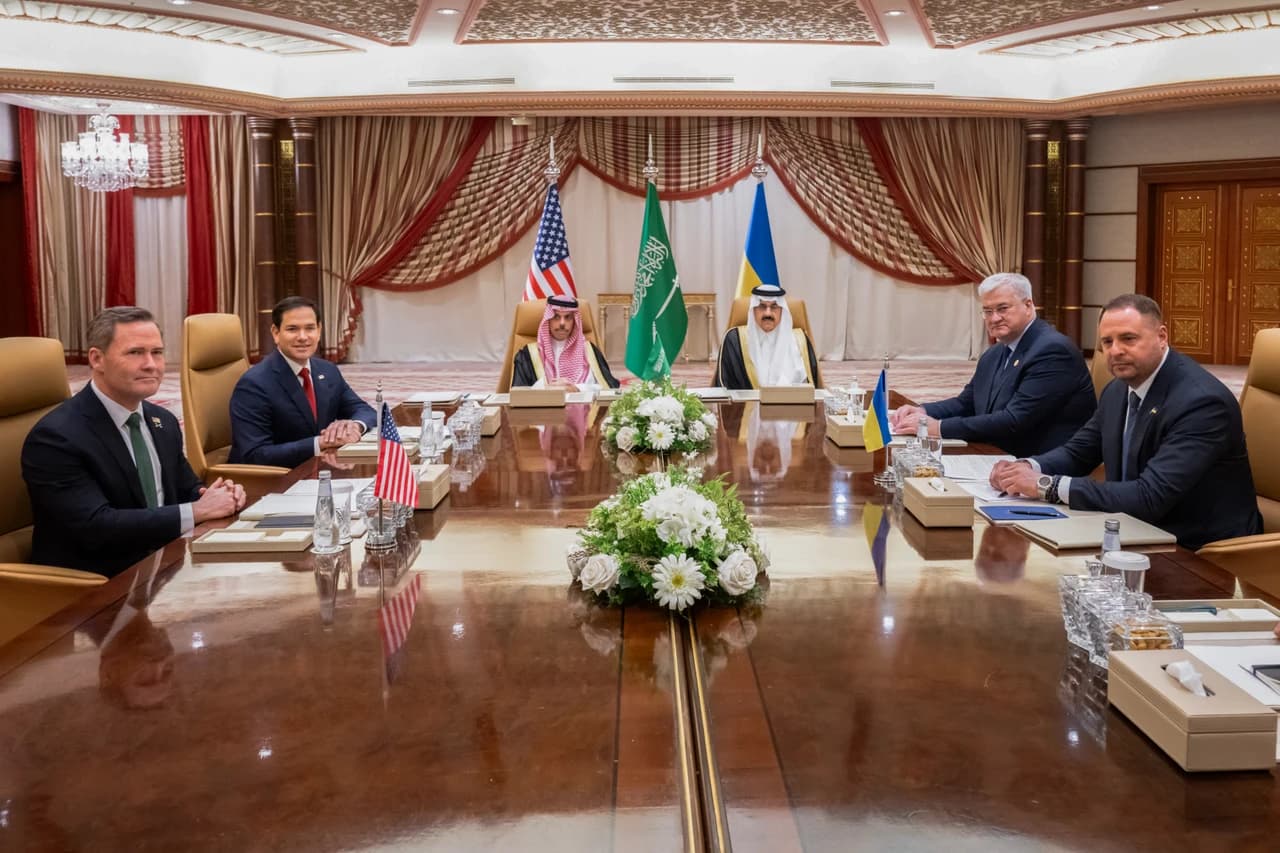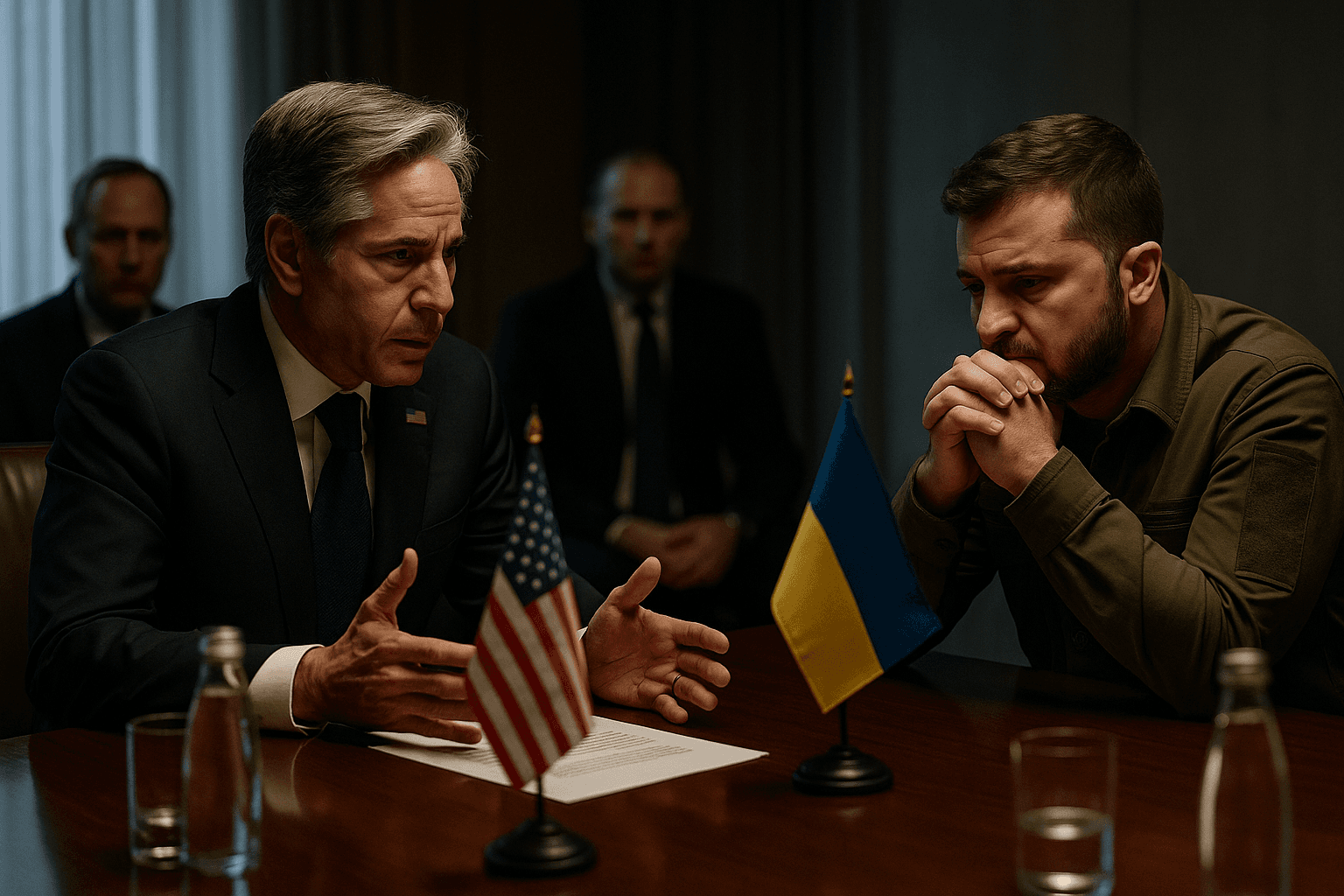U.S. Pressed Ukraine to Accept Framework, Geneva Talks Reveal
Reporting indicates United States officials urged Ukraine to narrow differences with an American crafted proposal during Geneva talks, sparking concern among Kyiv and some European partners. The episode matters because it highlights fractures within the Western coalition over how to secure a durable end to the war without compromising Ukrainian sovereignty.

United States diplomats pressed Ukrainian representatives on November 24 to consider an American crafted framework for ending the war with Russia, according to multiple news outlets and sources briefed to Agence France Presse. The discussions in Geneva followed parallel consultations in Abu Dhabi and reflect a concerted effort by Washington to find a settlement that could be presented as internationally legitimate and capable of stopping fighting on the ground.
Participants described a dynamic in which pressure was applied to narrow Kyiv’s differences with the proposed text, but several interlocutors in Washington subsequently eased the intensity of that push. The pullback came amid worries that forcing concessions on Ukraine could be perceived as tilting the outcome toward Moscow, and that such an outcome would fracture political support among European allies and within Ukraine itself.
The episode underscored the delicate balance Washington is attempting to maintain. United States officials have been seeking a pathway to a cessation of hostilities that can attract broad backing while avoiding assurances that would leave Kyiv without effective protections for its territorial integrity and sovereign authority. For Ukraine, any formula that appears to trade territory or relinquish control over borders is politically toxic and legally fraught, given the stakes of international law and the precedent it would set for state sovereignty.
European capitals have been divided in public and behind closed doors over how to press for an end to the war while preserving a principled defense of Ukraine’s rights. Some partners have urged pragmatism to halt bloodshed and stabilize the European security environment. Others have warned that compromise on core Ukrainian demands would reward aggression and weaken deterrence. Those divisions were apparent in the reporting on the Geneva session, which officials framed as part of a broader, sometimes fragmented diplomatic effort spanning multiple venues.

Diplomacy in Geneva and Abu Dhabi has also had to grapple with the cultural and political sensitivities that inform Kyiv’s negotiating posture. Ukrainian leaders must answer to a population that has endured years of invasion, displacement and territorial loss. That domestic context shapes what Kyiv can accept without cavorting with domestic politics that would delegitimize any settlement at home.
Legal experts and diplomats following the talks noted that any credible peace formula would need clear guarantees on borders, security arrangements, and mechanisms for implementation and verification. Absent such clarity, a ceasefire risks becoming a pause that freezes Russian gains rather than a basis for restoring internationally recognized Ukrainian sovereignty.
As talks continue, the immediate fallout from the Geneva episode is a sharpened awareness in Western capitals that pushing too hard, too fast, risks undermining unity. The challenge for the United States and its partners will be to craft a proposal that is both realistic in its prospects for Russian acceptance and sufficiently protective of Ukraine to secure Kyiv’s buy in and sustain the coalition of support that has underpinned diplomatic and military assistance.


